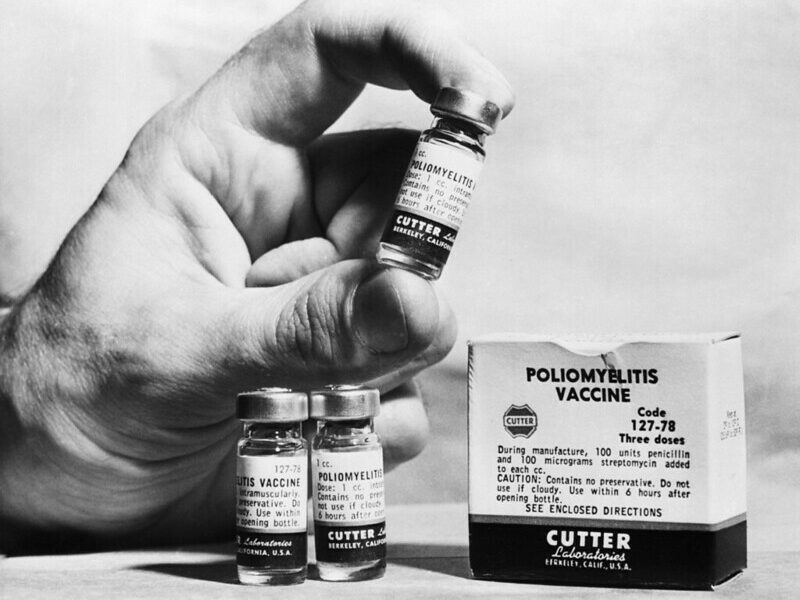The WHO is reporting a single case of an acute respiratory syndrome with renal failure in the United Kingdom. Laboratory testing confirmed a novel coronavirus, the same family of virus that causes Severe Acute Respiratory syndrome (SARS).
According to the WHO’s Global Alert and Response system, the case is a previously healthy 49-year-old male from Qatar with a travel history to the Kingdom of Saudi Arabia prior to the onset of illness. Shortly after admission to the intensive care unit in Doha, he was transferred to the United Kingdom where the Health Protection Agency conducted the lab testing and discovered the novel virus.
At this point, the WHO is not issuing any travel restrictions.
The Saudi Ministry of Health indicated in a press release that there are three cases of illness, two Saudi citizens and the previously mentioned Qatar citizen hospitalized in Britain. The two Saudi cases have died. The Ministry also issues reassurances that it is carefully monitoring the health of its people and encourages those wishing to perform the Hajj to seek the necessary vaccinations and practice good hygiene (download this PDF for the Weekly Epidemiological Record from the WHO which contains requirements and recommendations for the 2012 Hajj season).
The coronavirus family, discovered in the 1960s, is a family of viruses capable of infecting both mammals and birds. These viruses can be passed from species to species and cause disease in the respiratory tract, the gastrointestinal tract and the central nervous system. Scientists believe that about 20 percent of common cold cases are caused by coronaviruses.
The most significant coronavirus is the virus that causes SARS, a severe form of pneumonia. The virus was first identified in 2003, during a massive outbreak that resulted in, approximately, 8,000 cases and 750 deaths worldwide.
Infection with a coronavirus may cause coughing, difficulty breathing, fever, and occasionally, dizziness, diarrhea and vomiting.
Professor John Oxford, virology expert at Queen Mary, University of London, told the BBC that he was not too worried about the news: “SARS was very quick off the mark infecting hospital staff etc. and this new virus does not to me appear to be in the same ‘big bang’ group.”
The Health Protection Agency is ensuring that those who have come into contact with the confirmed case are not sick and will continue to monitor the situation.
